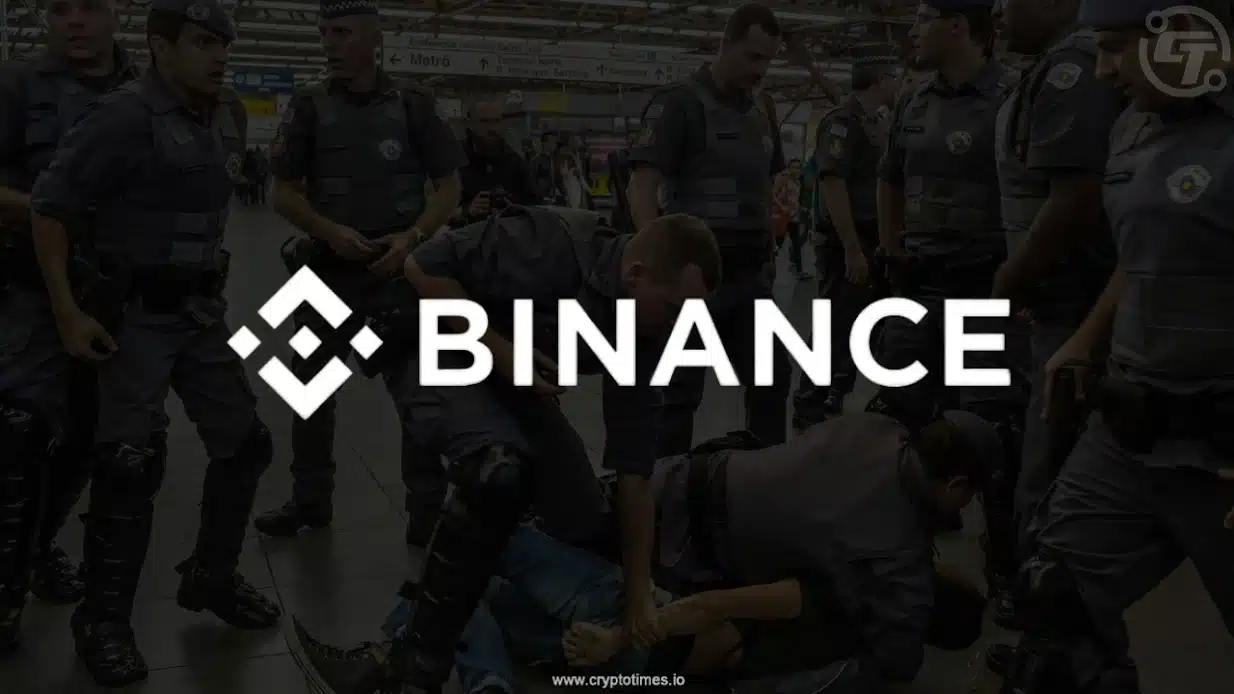The Brazilian Federal Police (PF), in collaboration with blockchain intelligence firm TRM Labs and crypto exchange Binance, dismantled a money laundering operation on Wednesday, September 24.
The action, named ‘Operation Lusocoin’, resulted in the seizure of approximately R$22.5 million (about 4.3 million USDT). The criminal organization, with leadership based in Dubai, is suspected of moving an estimated US$9.3 billion from illicit activities such as drug trafficking. The case underscores how traditional law enforcement is working together with private-sector expertise to trace digital assets.
The operation involved 13 search warrants and 11 temporary arrests across several Brazilian states. Authorities also blocked the accounts of 65 individuals and entities and seized six vehicles and six properties to disrupt the group’s infrastructure.
The private sector’s role in tracing digital footprints
The organization allegedly used cryptocurrencies for foreign exchange evasion and to move criminal proceeds. As this channel was used, both Binance and TRM Labs could help, offering assisted law enforcement for freezing the cited $9.3B USDT tokens, as well as blockchain analysis, respectively.This case demonstrates how the transparency of public blockchains can be leveraged by investigators when paired with advanced analytical tools.
Broader implications for crypto crime and regulation
‘Operation Lusocoin’ reflects how law agencies and crypto companies are partnering to fight organized crime that is already able to use digital assets for malicious purposes.The model of combining public authority with private expertise may influence future regulatory efforts, encouraging frameworks that foster such partnerships to strengthen compliance and security in the ecosystem. As criminals adopt new technologies, these public-private collaborations highlight how law enforcement can adapt.
Also read: Brazil’s Crypto Inflows Hit R$28.8M on Fed Rate Cut Hopes














